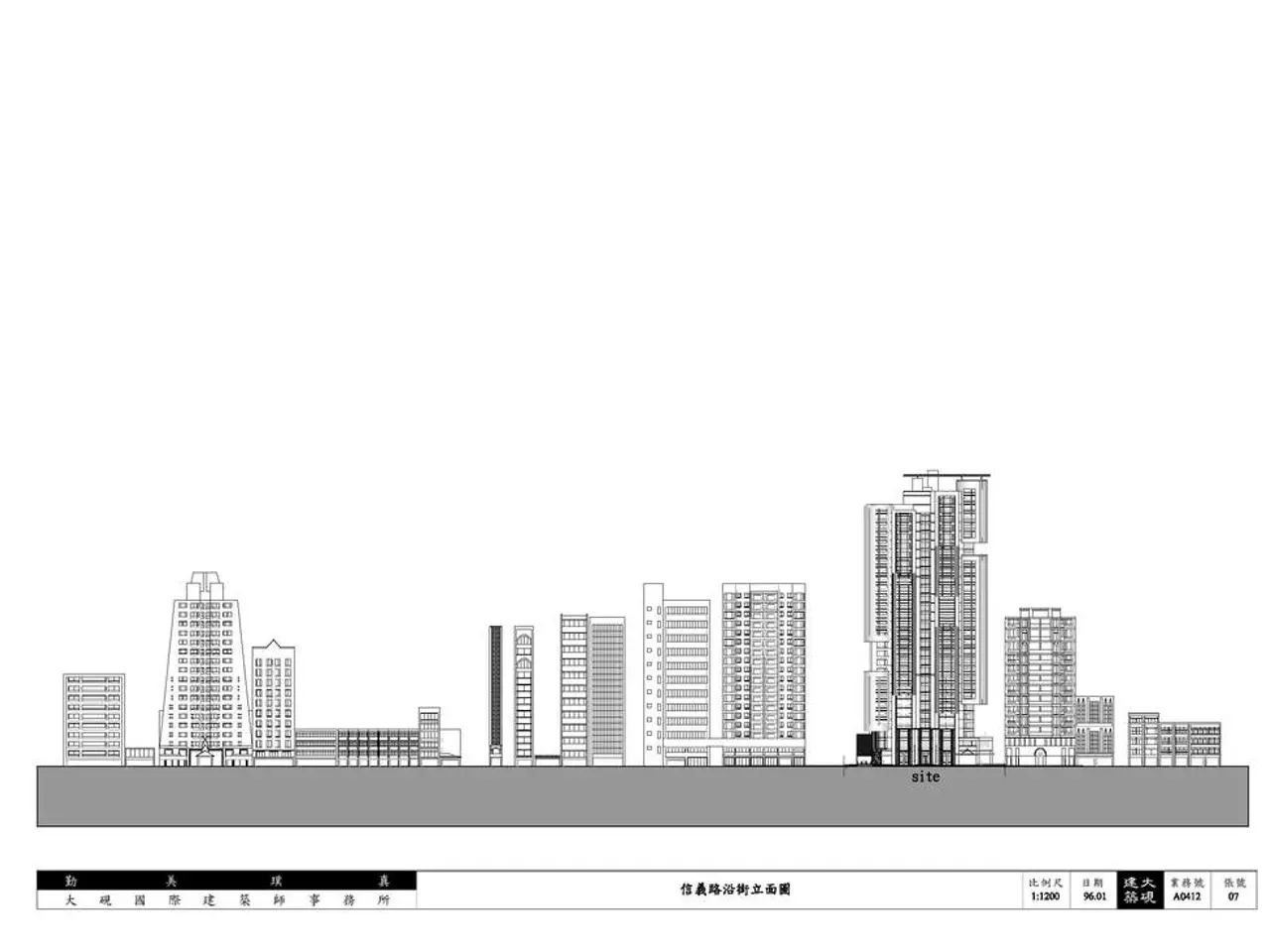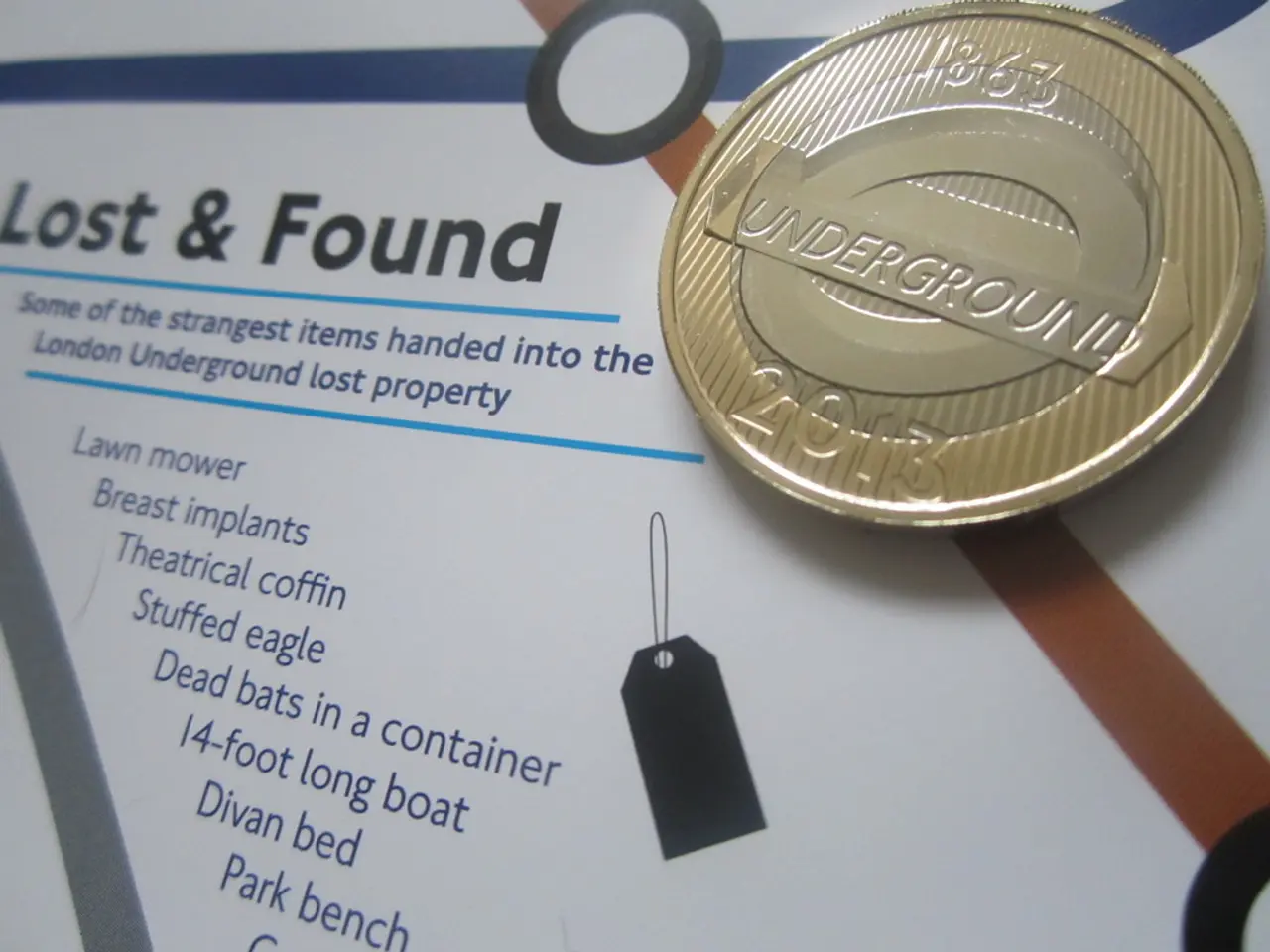The specter has been released from its container for an extended period.
Artificial Intelligence (AI) is revolutionising the construction sector, offering improvements in productivity, safety, and efficiency across various project phases. In Baden-Württemberg, Germany, the state government is actively promoting AI to drive the digital transformation of the industry.
The AI Offensive, a strategic initiative by the state government, aims to support small and medium-sized enterprises (SMEs) in transitioning to the digital age by investing heavily in research and development. The state's paper, titled "Building the future with AI - on the impact of artificial intelligence in the construction industry" (Printed Matter 17/8700), outlines various funding measures and institutions, including the de:hub for applied AI in Karlsruhe, the Digitalization Prize Plus, and the 16 "regional AI Labs".
One SME, Sautter, is already leveraging AI through an AI writing program that checks spelling errors, sentence structure, and formulations in documents, saving time on routine work without affecting core business functions such as checking invoices or writing protocols.
However, the adoption of AI in Baden-Württemberg's construction sector faces challenges. A significant portion of SME owners sees no clear benefit from AI tools, leading to limited awareness or understanding of its benefits. Public trust and ethical concerns are also prevalent, as AI technologies are viewed as both opportunity and risk. To address these issues, education, trust-building, and tailored AI tools for construction should be strengthened in the region.
The Chamber of Architects Baden-Württemberg offers further training for architects on the use of AI, and the State Academy of Fine Arts (ABK) provides courses on the application of AI for architecture students. Tobias Wallisser, a professor at the ABK, emphasises that while AI is a powerful tool, it won't relieve architects of the need to think about what they want and why.
Thomas Moeller, the CEO of the Baden-Württemberg Construction Association, states that AI is already being used in various ways in the construction industry, offering productivity gains and aiding in the combat of skilled worker shortages. However, Manfred Sautter, deputy chairman of the chamber district Freiburg, expresses concern that those who lack the time and financial resources may be left behind in the adoption of AI.
Wallisser warns against relying too heavily on AI, as it is only as good as the data it's fed and could lead to impractical designs if the data is biased or outdated. Sautter believes that dealing with AI requires education and knowledge.
The Greens in the state parliament believe that Baden-Württemberg is investing in AI for future technology, aiming to be a pioneer in the digital transformation of the construction industry. The focus of the state's measures is on economically relevant research, promotion of innovations in companies, and networking and strengthening the AI ecosystem.
In conclusion, AI presents a significant opportunity for Baden-Württemberg's construction sector, but overcoming socio-technical and perception barriers is crucial to realise its full benefits. The state government's efforts in education, trust-building, and tailored AI tools for construction are steps in the right direction.
- The AI Offensive, by promoting AI in various funding measures and institutions like the de:hub for applied AI in Karlsruhe, aims to equip schools in Baden-Württemberg with AI technology, introducing artificial-intelligence concepts to students at a young age.
- As the construction sector in Baden-Württemberg evolves with AI, institutions like the State Academy of Fine Arts (ABK) are integrating technology into their curriculum, teaching art students not only traditional art techniques but also how to use AI for architectural design (school, technology, artificial-intelligence).




